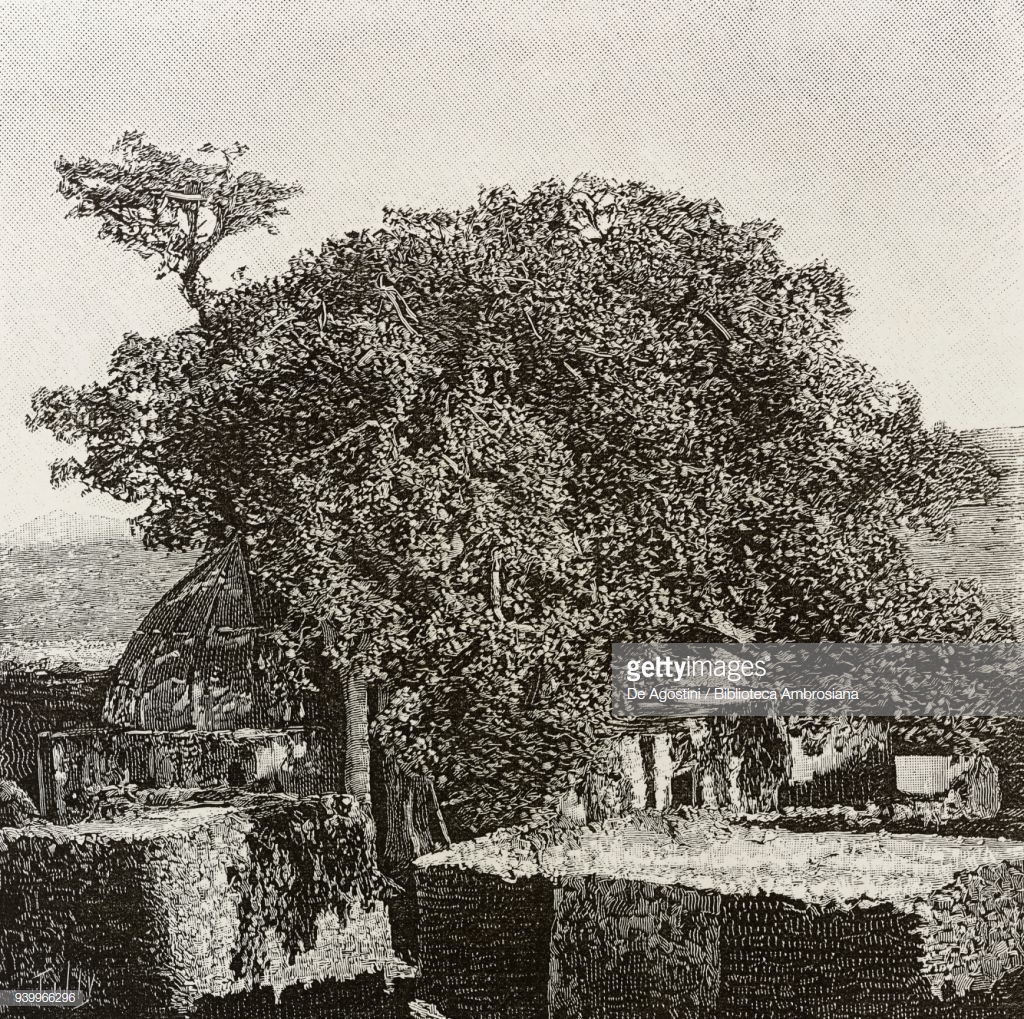Historically, New England's town meetings were good examples of grassroots democracy that fostered community participation and civic engagement. These meetings, which began in the early colonial period, allowed local citizens to gather, discuss, and make decisions on important issues affecting their communities. They served as a critical platform for expressing opinions, debating policies, and voting on local matters. In this article, we will delve into the significance of these town meetings, their evolution over the years, and how they shaped the democratic landscape of New England.
The tradition of town meetings has its roots in the fundamental principles of self-governance and local autonomy. Initially, these gatherings were informal and were held in public spaces like meeting houses or town squares. The participatory nature of town meetings empowered citizens, giving them a voice in the decisions that impacted their lives. As we explore this rich history, we will uncover how these meetings became a cornerstone of New England's identity and a model for democratic practices across the United States.
In addition to their role in shaping local governance, town meetings provided a unique opportunity for community members to forge connections and build relationships. The discussions that took place during these gatherings often extended beyond political issues, encompassing social and cultural concerns as well. As we reflect on the historical significance of New England's town meetings, we will consider their legacy and what they can teach us about civic engagement in today's society.
What Are Town Meetings?
Town meetings are a form of direct democracy, where eligible voters in a town come together to discuss and decide on various matters. These meetings provide a platform for residents to voice their opinions, propose initiatives, and vote on budgets, laws, and other important issues. Typically held annually or semi-annually, town meetings are often characterized by their open and inclusive nature, allowing for a robust exchange of ideas.
How Did Town Meetings Begin in New England?
The origins of town meetings in New England can be traced back to the early 1600s, when English settlers established communities in the region. The settlers valued self-governance and sought to create a system that allowed them to manage their affairs collectively. As a result, town meetings emerged as a practical solution for decision-making, enabling residents to gather and address local issues directly.
What Role Did Town Meetings Play in Colonial America?
During colonial times, town meetings played a crucial role in shaping the political landscape of New England. They served as a forum for discussing grievances against colonial authorities and organizing resistance against British rule. The ability of citizens to come together and address issues collectively fostered a sense of community and empowerment, laying the groundwork for the revolution that would follow.
Historically, How Did Town Meetings Evolve Over Time?
As New England communities grew and evolved, so too did the structure and function of town meetings. Initially, these gatherings were informal and focused primarily on local issues. However, as towns became more populated and complex, the meetings began to adopt more formal rules and procedures. This evolution included the establishment of moderators, the creation of agendas, and the introduction of voting methods to streamline decision-making.
What Are the Key Features of Town Meetings Today?
- Open Participation: Town meetings remain open to all eligible voters, encouraging community involvement.
- Transparency: Discussions and decisions are typically made in public, fostering accountability.
- Direct Voting: Residents often vote directly on issues, reflecting the principles of direct democracy.
- Community Engagement: Town meetings serve as a platform for fostering civic engagement and building social ties.
How Do Town Meetings Compare to Other Forms of Governance?
Unlike representative forms of government, where elected officials make decisions on behalf of constituents, town meetings prioritize direct citizen participation. This model allows residents to engage in meaningful discussions and have a direct say in the governance of their communities. While other forms of governance may limit public involvement, town meetings exemplify the democratic principle that government should be of the people, by the people, and for the people.
What Lessons Can We Learn from New England's Town Meetings?
Historically, New England's town meetings were good examples of effective civic engagement and democratic participation. They illustrate the importance of community involvement in governance and the value of open dialogue in addressing societal issues. In an era where political polarization and disengagement are prevalent, the lessons learned from town meetings can inspire contemporary movements for greater participation and accountability in governance.
How Can We Revive the Spirit of Town Meetings Today?
To revive the spirit of town meetings in today's society, we can take several steps:
- Encourage Open Forums: Communities can hold regular open forums to discuss local issues and encourage participation.
- Utilize Technology: Online platforms can facilitate discussions and voting, making it easier for residents to engage.
- Educate Citizens: Promoting civic education can empower individuals to participate actively in governance.
- Foster Inclusivity: Ensuring that all voices are heard, particularly marginalized groups, is essential for effective democratic participation.
What Is the Future of Town Meetings in New England?
The future of town meetings in New England will likely depend on the willingness of citizens to engage in the democratic process. As communities continue to evolve, it is essential to adapt the town meeting model to address contemporary challenges while preserving its core principles. By embracing innovation and fostering a culture of participation, town meetings can remain a vital aspect of local governance for generations to come.
You Might Also Like
Discovering The Essence Of Juvi: A Journey Through Life And ArtUnderstanding The Essence Of Perfect Love: Casts Out Fear Meaning
Exploring The Dynamic Relationship Between Unity And JavaScript
Trapped In A Dream: The Fallout 3 Tranquility Lounger Dilemma
Understanding OCD Paralysis: The Silent Struggle
Article Recommendations


